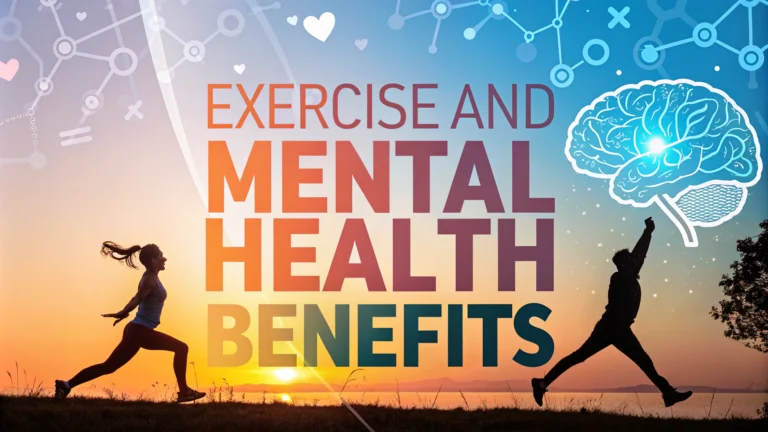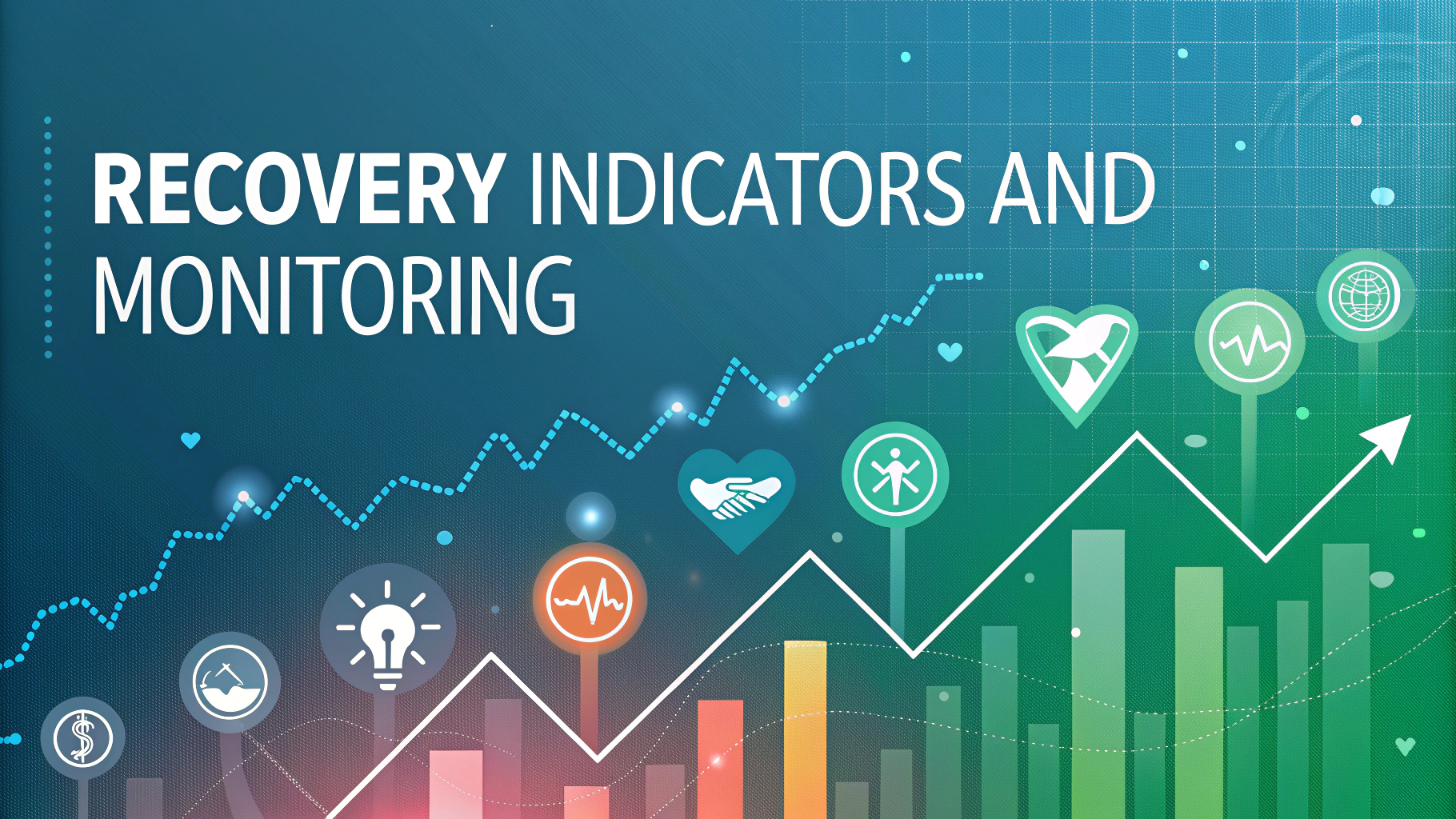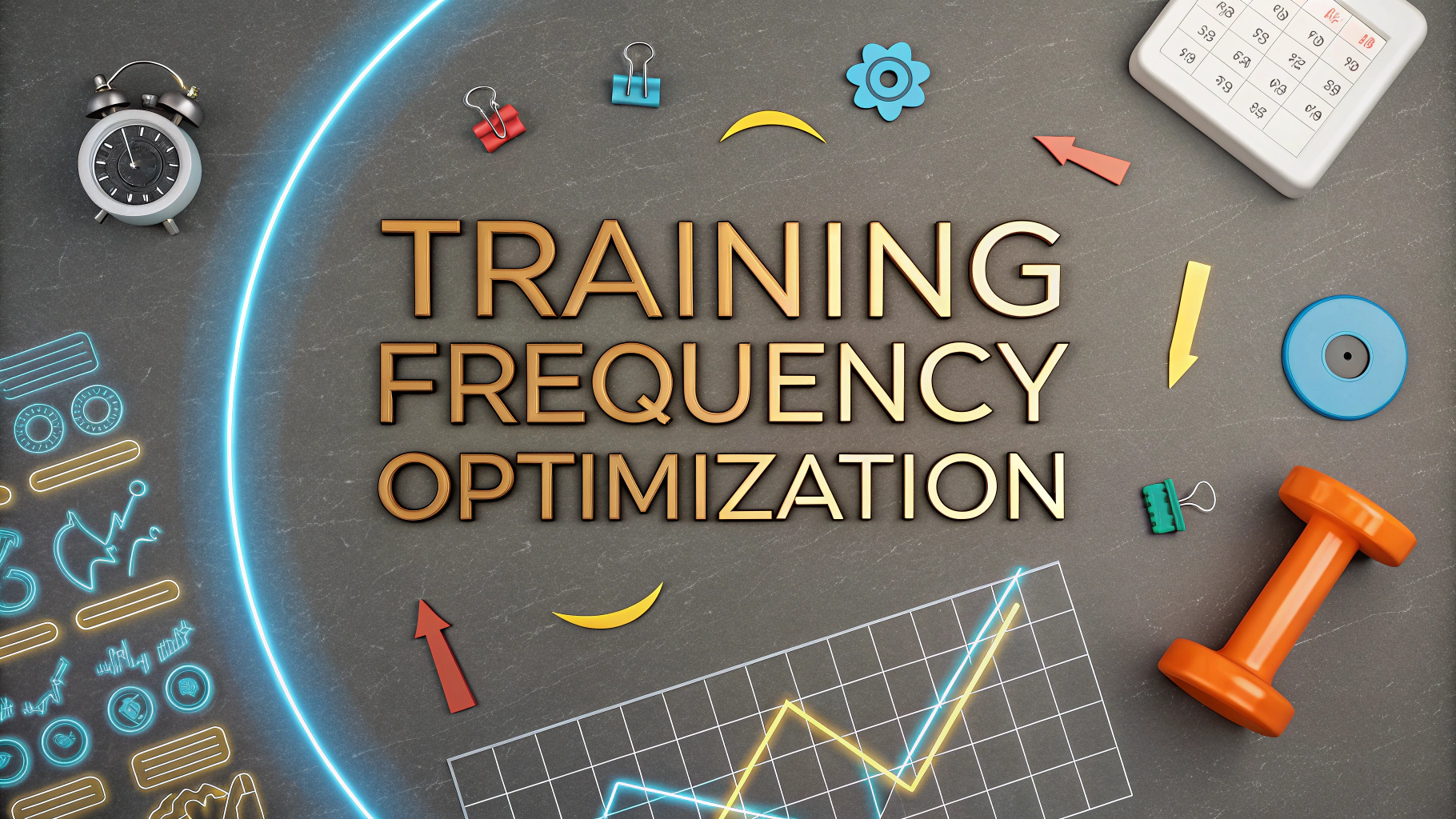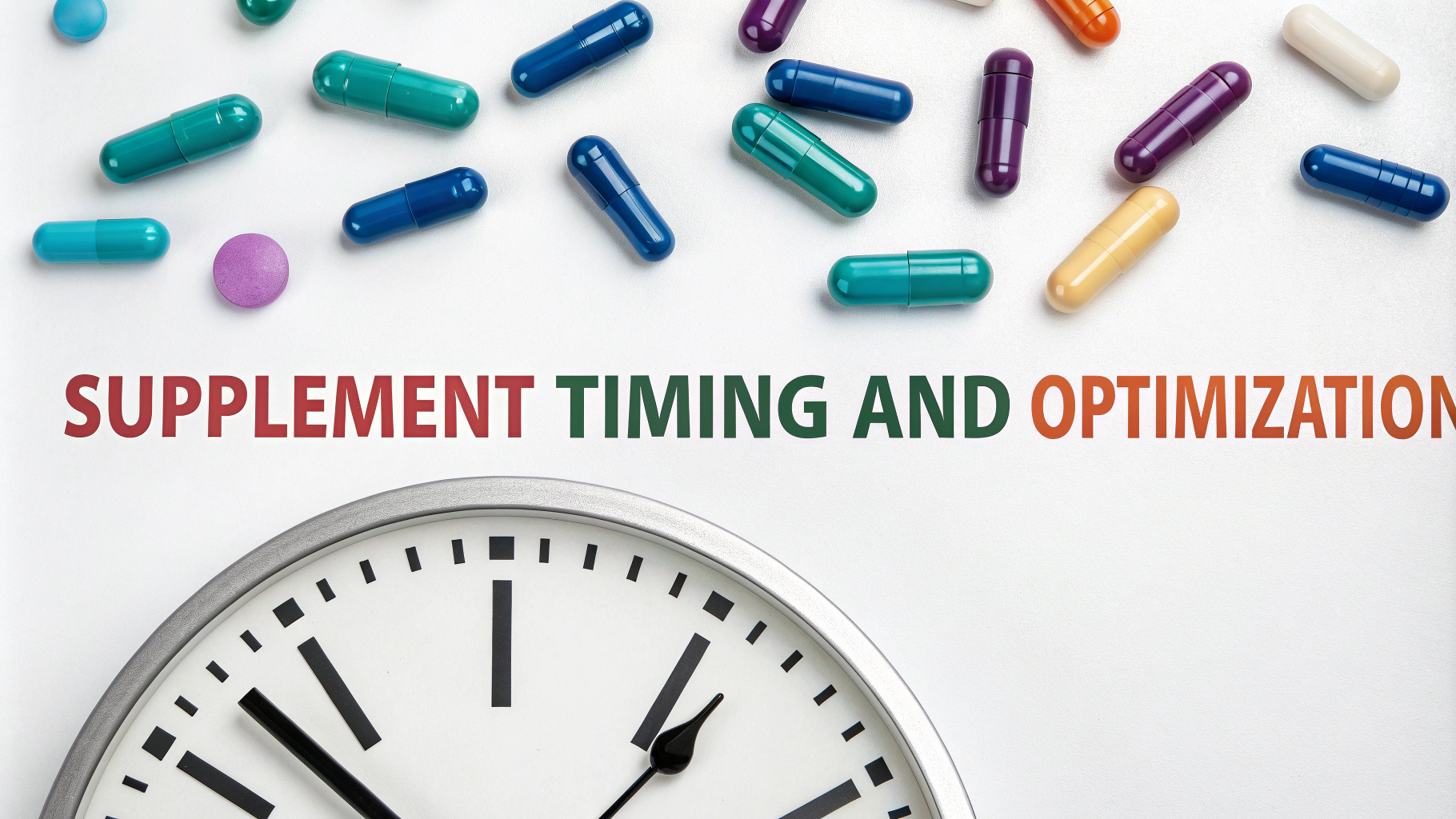Regular exercise does more than build muscle and improve cardiovascular health – it’s one of the most effective ways to boost mental wellness and emotional resilience.
Key Mental Health Benefits of Exercise
- Reduces symptoms of depression and anxiety
- Improves sleep quality and duration
- Enhances cognitive function and memory
- Increases self-esteem and confidence
- Reduces stress and tension
How Exercise Affects Your Brain
Physical activity triggers the release of endorphins, dopamine, and serotonin – natural mood elevators that can create feelings of happiness and reduce pain.
Exercise stimulates the growth of new brain cells and strengthens connections between existing ones, improving memory and learning abilities.
Getting Started: Simple Exercise Plans
| Activity Level | Recommended Exercise | Time per Week |
|---|---|---|
| Beginner | Walking, light stretching | 90-150 minutes |
| Intermediate | Jogging, cycling, swimming | 150-200 minutes |
| Advanced | Running, HIIT, strength training | 200-300 minutes |
Quick Tips for Success
- Start small: Begin with 10-minute sessions and gradually increase duration
- Choose enjoyable activities: Pick exercises you actually like doing
- Track progress: Use apps or journals to monitor mood changes
- Exercise with others: Join classes or find workout partners
When to Seek Professional Help
While exercise can significantly improve mental health, it should complement, not replace, professional treatment for mental health conditions.
Contact a mental health professional if you experience persistent feelings of depression, anxiety, or other mental health concerns.
Professional Resources
- National Crisis Hotline: 988
- SAMHSA’s National Helpline: 1-800-662-4357
- Psychology Today Therapist Finder: Find a Therapist
Recommended Equipment
- Comfortable athletic shoes ($60-100)
- Moisture-wicking clothing ($20-40 per item)
- Fitness tracker ($50-200)
- Exercise mat ($20-40)
Remember to consult with healthcare providers before starting any new exercise program, especially if you have existing health conditions.
Safety Considerations
- Warm up properly before exercising
- Stay hydrated throughout workouts
- Listen to your body and avoid overexertion
- Exercise in well-lit, safe environments
- Use proper form to prevent injuries
Long-term Benefits
Consistent exercise creates lasting positive changes in both body and mind. Regular physical activity has been shown to:
- Lower risk of cognitive decline
- Build resilience against future mental health challenges
- Create sustainable healthy habits
- Improve overall quality of life
Common Barriers and Solutions
| Barrier | Solution |
|---|---|
| Lack of time | Break exercise into shorter sessions |
| Low motivation | Set achievable goals, reward progress |
| Limited access to facilities | Try home workouts, outdoor activities |
Conclusion
Regular exercise is a powerful tool for maintaining mental health and emotional well-being. By starting gradually, staying consistent, and listening to your body, you can build a sustainable exercise routine that supports both physical and mental health goals.
Remember that progress isn’t always linear, and it’s okay to adjust your routine as needed. The most important thing is to keep moving forward and celebrate small victories along the way.
FAQs
- How quickly can exercise improve mental health symptoms?
Regular exercise can begin showing positive effects on mood and anxiety within as little as 10-30 minutes after completion of physical activity, with sustainable improvements typically noticed after 2-3 weeks of consistent exercise. - What types of exercise are most effective for reducing stress and anxiety?
Both aerobic exercises (like running, swimming, and cycling) and mindful movement activities (such as yoga, tai chi, and walking) have been proven effective at reducing stress and anxiety levels. - How much exercise is needed per week to maintain good mental health?
The American Psychological Association recommends 150 minutes of moderate-intensity exercise or 75 minutes of vigorous exercise per week to maintain optimal mental health benefits. - Can exercise help with clinical depression?
Yes, studies show that regular exercise can be as effective as medication for mild to moderate depression, increasing serotonin, norepinephrine, and endorphins which help improve mood. - Does the time of day I exercise affect its mental health benefits?
Morning exercise has been shown to improve mental focus and reduce stress throughout the day, but any time of day will provide mental health benefits as long as it’s consistent. - How does exercise improve sleep quality and mental health?
Exercise helps regulate circadian rhythms, reduces anxiety and muscular tension, and increases time spent in deep sleep, all of which contribute to better mental health. - What role does nutrition play in exercise and mental health?
Proper nutrition supports exercise performance and recovery while providing essential nutrients that help regulate mood, such as omega-3 fatty acids, B vitamins, and protein. - Can group exercise provide additional mental health benefits?
Yes, group exercise adds social interaction and support, which can enhance mood, motivation, and adherence while reducing feelings of isolation and depression. - How does exercise impact cognitive function and memory?
Regular physical activity increases blood flow to the brain, promotes neuroplasticity, and stimulates the production of brain-derived neurotrophic factor (BDNF), improving memory, focus, and cognitive performance. - What are the mental health benefits of outdoor exercise versus indoor?
Outdoor exercise provides additional mental health benefits through exposure to nature, vitamin D from sunlight, and varied terrain that can enhance mindfulness and reduce stress more effectively than indoor exercise.







